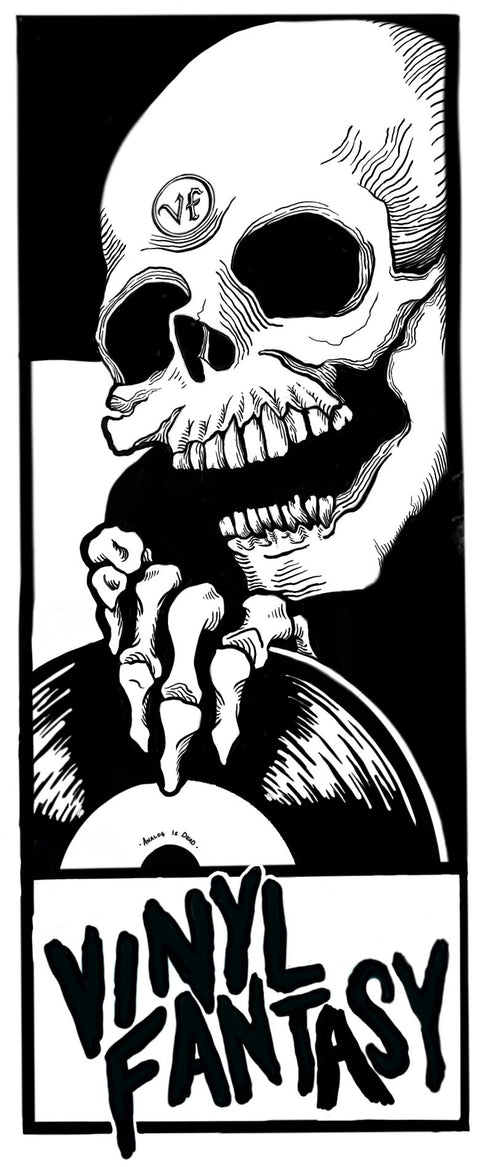Self Defense Family - Have you Considered Punk Music
Ask any touring musician and they’ll agree: years spent on the road can be measured like dog years. Over time, the unpredictable nature of the lifestyle starts to become not only predictable, but all-consuming. On the band’s latest full-length Have You Considered Punk Music, singer Patrick Kindlon reflects on his time as a musician, taking a closer look at the bottomless drive to create that he’s spent his life exploring. “I’ve been doing something for a long time that I find really fulfulling, and I’m able to look at it with more clarity as time passes,” says Kindlon. “I can look at things from 10 years ago, or the reason I even got involved in this thing in the first place, with more perspective. The changes I’ve gone through as a person over time are interesting to me. I spend almost all my waking hours making things, and that’s a relationship I assumed was normal, but as I’ve gotten older I’ve started to understand that that’s not the way everybody is looking at life,” says Kindlon.
His choice to reflect on his experiences isn’t a topic he discusses with ease - “It makes me sound like I’m 200 years old,” he jokes - but it’s one he does well, distilling personal, specific experiences into simple and relatable metaphors. “It’s about feeling very intensely about a thing you’re becoming increasingly aware the rest of the world doesn’t give a shit about,” says Kindlon. “It’s like how people feel about their cats: they love their cat, but you don’t give a shit about their cat.”
Kindlon’s passion for making music is matched by his bandmates. While many bands have found themselves stuck in a rut after years of making music together, Self Defense Family’s unique structure ensures that the band never ends up at a dead end. Their tours aren’t mandatory, but instead an open invitation to whoever would like to come, whether that be three members or seven. Their recording process is equally as open ended; when one member gets creatively burnt out, another will take their place, often offering a new take on the song at hand in the process. This type of system can lend itself to chaos at times, but to the band, it’s worth it in the end. “While it can be frustrating to sift through a million ideas, at least you have a million ideas to sift through,” says Kindlon.
The album was recorded in just under two weeks, the longest the band has ever spent in the studio at one time. As they often do, the musicians in the group who chose to participate in the project came to the studio completely unprepared and wrote the songs as they tracked them. “For us, recording is largely about first takes,” says Kindlon. “We don’t see recording as creating a product - we see it as capturing whatever’s going on at the moment, and if we mess it up, we’ll do better next time. This album is different for us in the respect that it’s a fairly polished final product.” It’s a perfect fit for a record about making records - that, simultaneously, the band hones in on their craft while dissecting the craft itself.


